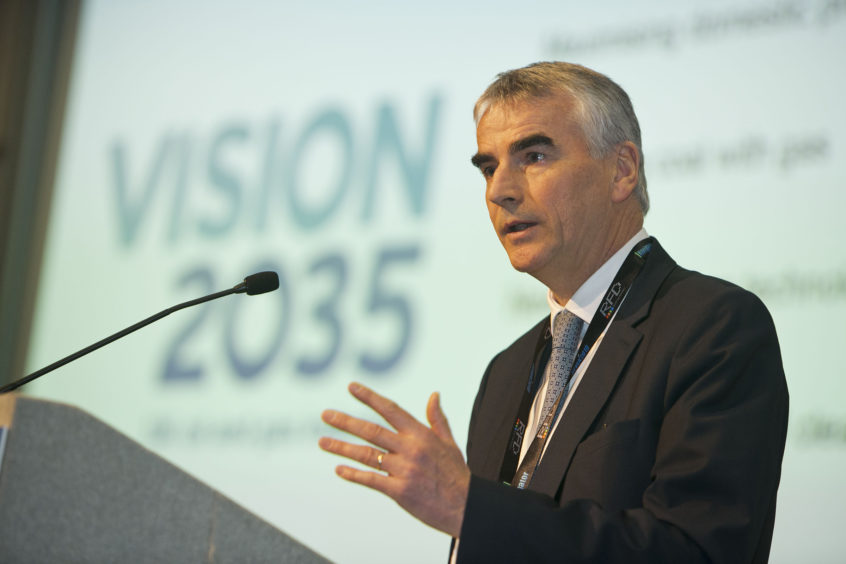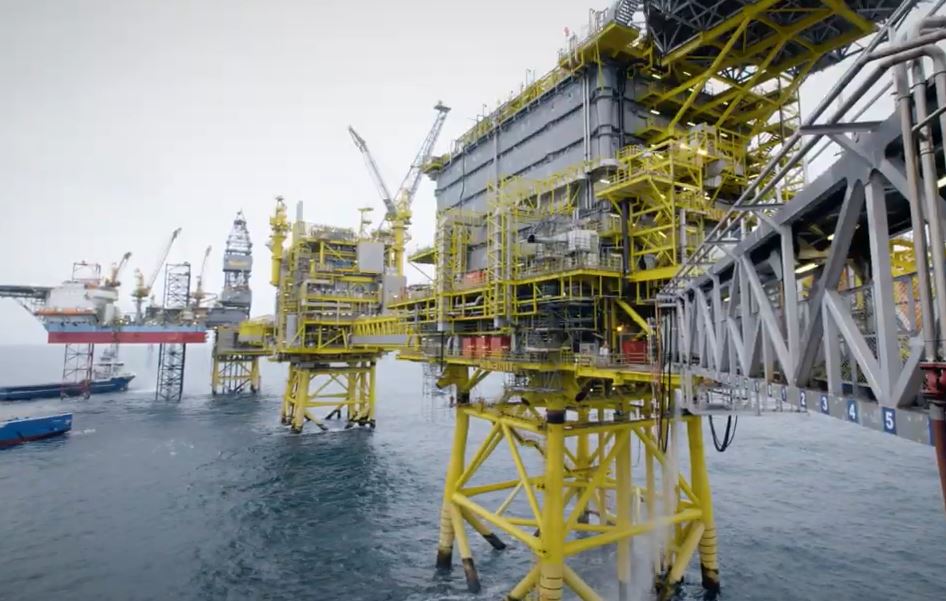
The head of TotalEnergies’ North Sea business says the supermajor will slash investment by a quarter next year in light of the UK Government’s windfall tax, and expressed concern over the lack of a price floor built into the policy.
In a statement, UK country chairman Jean-Luc Guiziou told Energy Voice that the move would see the company cut tens of millions of pounds from its North Sea investment plans for 2023.
TotalEnergies (PAR:TTE) said the cut investment for next year alone equates to £100m.
The Autumn Budget saw chancellor Jeremy Hunt hike the Energy Profits levy (EPL) – also known as the windfall tax – by 10% to a total of 35%, and extend its reach until 2028.
Oil and gas firms will now pay 75% total on profits through to the end of that year, even if oil prices fall, raising some £40bn for the Treasury.
While oil and gas companies decried the move, some MPs too warned the approach risks “crippling” companies if their profits fall, as oil prices slump back to 2021 levels as lockdown fears slash demand in China.
Mr Guiziou said the lack of a price floor was particularly concerning.
“Following another change to the fiscal environment for energy investors in the UK, we are now evaluating the impact of this change on our current and planned projects. We note that without a price floor to the EPL, the current regime will affect short-cycle investments, in particular infill wells,” he noted.
“For 2023 alone, our investments will be cut by 25%.”
Investment
TotalEnergies had committed an annual average of around half a billion pounds into its gas assets over the last four years, the executive said earlier this year, and described the UK as one of the “key countries for development of our company strategy.”
Mr Guiziou reiterated this week that a competitive and stable fiscal and regulatory regime is “vital to investment in critical energy and infrastructure projects” that will help meet the UK’s energy security needs and net zero ambitions.
“The energy industry operates in a cyclical market and is subject to volatile commodity prices. We believe that the Government should remain open to reviewing the energy profits levy if prices reduce before 2028,” he continued.
Waves rock Harbour
It follows similar concerns voiced by Harbour Energy (LON: HBR) boss Linda Cook, who warned in a letter last month that many producers had already seen significant slumps in share price as a result of the levy.
She said: “The average UK independent producer has seen their share price fall by more than 20 per cent since the EPL announcement. In the same period, the share price of the UK-listed majors has increased by almost 10 per cent and US independents have seen an increase of over 25 per cent.
“Increased pressure from our global providers of capital for geographic diversification should surprise no one.”
Although the company is the UK’s largest producer and oversees a vast North Sea portfolio, it has modest new projects to offset the EPL against investment allowances – making it particularly hard hit by the policy.
Following Mr Hunt’s announcement last month, a Harbour spokesperson warned that the EPL, as currently designed, “disproportionately impacts independent UK oil and gas companies and does not target genuine windfall profits.”
Indeed, the full effects of the move were brought to the fore this week with Harbour’s demotion from the FTSE 100 index to the 250. The changes will take effect from the start of trading on Monday, December 19.
In the meantime, Ms Cook has said the company intends to accelerate efforts to diversify into other regions of development in light of the increased burden of UK operations.
Recommended for you

 © Total
© Total